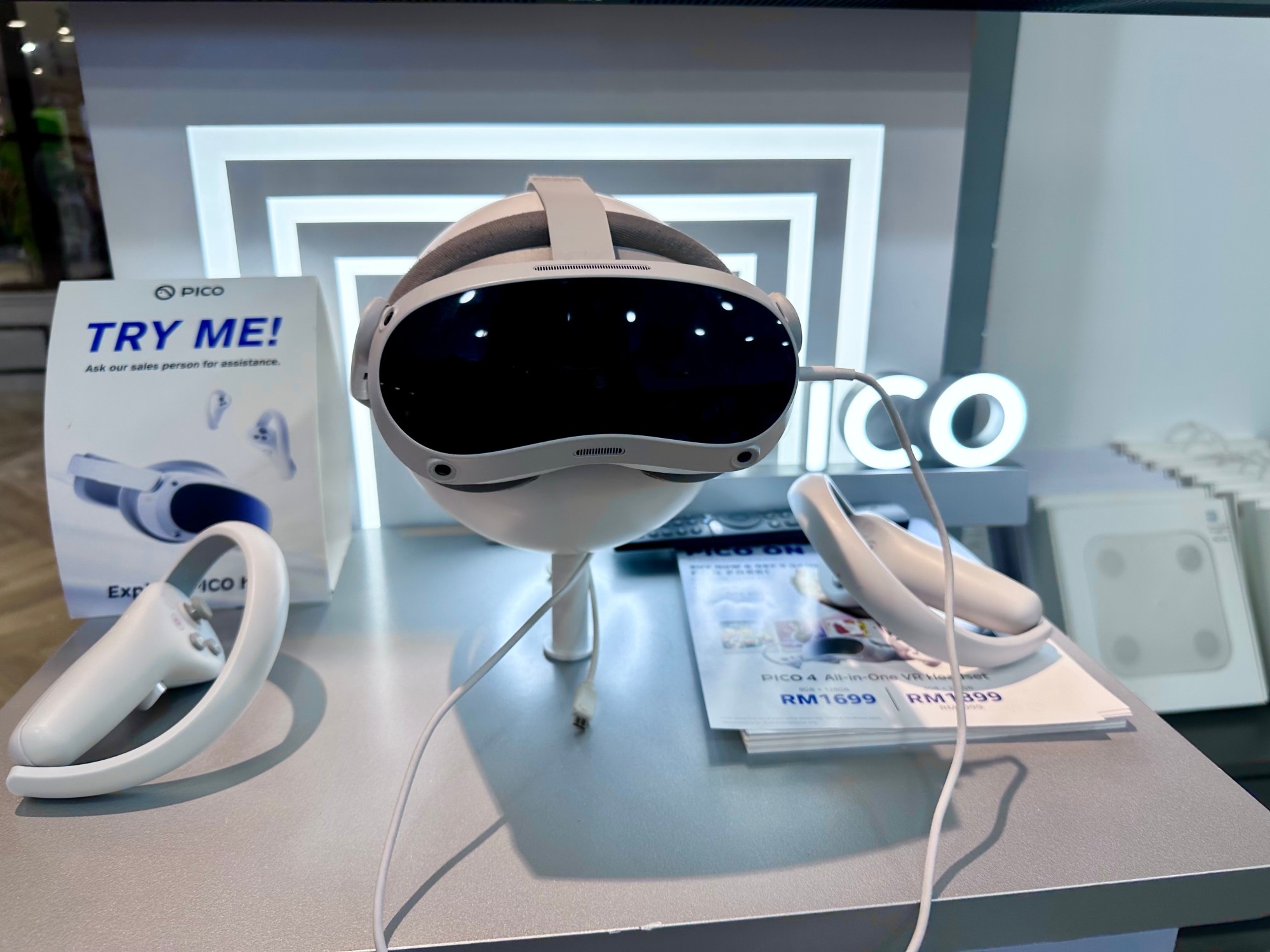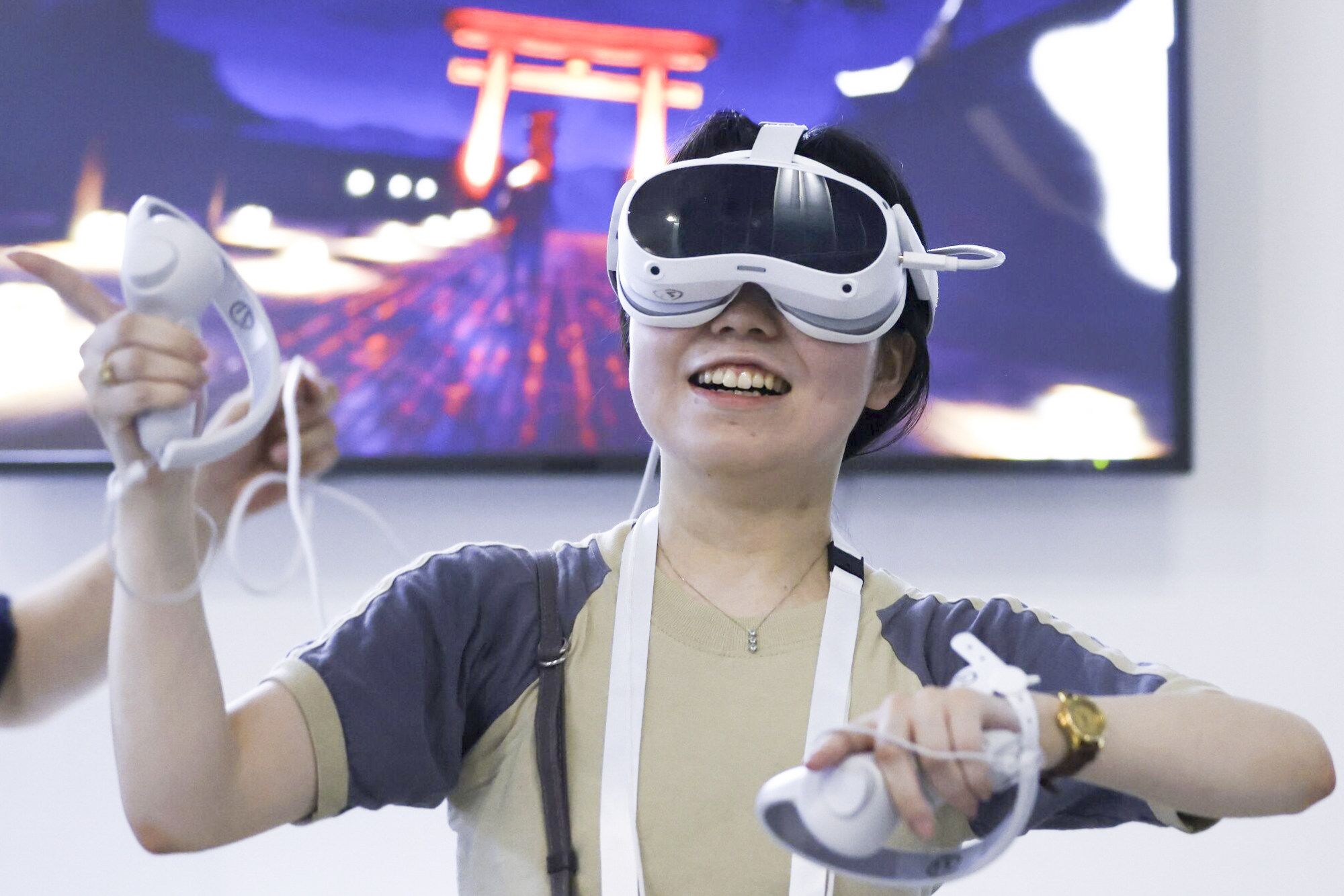
ByteDance’s virtual reality unit Pico pushes new round of job cuts in restructuring move amid falling demand for headsets
- Pico founder Henry Zhou Hongwei told employees on Tuesday that the job cuts are being conducted amid sluggish growth in the VR headset market
- While the specific size of the job cuts is not known, reports by Chinese local media said lay-offs are expected to affect hundreds of jobs at Pico
The mobile operating system team of Pico will be merged into the product development group at parent ByteDance, where they will focus on research in core technologies and other hardware, according to the person.
While the specific size of the job cuts is not known, reports by Chinese local media said planned lay-offs are expected to affect hundreds of jobs at Pico.

Global AR and VR headset shipments declined for the fourth consecutive quarter, as volumes fell 44.6 per cent year on year during the three months through June, according to a September report by tech research firm IDC. It forecast total AR and VR headset shipments this year to reach 8.5 million units.

A statement from Pico on Tuesday did not comment on the job cuts, but indicated that the firm will continue to sell its flagship Pico 4 headset and offer services to consumers amid its restructuring initiative.
“We frequently assess our business needs and make adjustments to strengthen our organisation and better align our teams with company goals,” the Pico statement said. “As a result, we have decided to restructure the PICO business to focus more on hardware and core technologies.”
At Pico 4’s launch, company founder Zhou told Chinese media that the company expected to eventually sell more than 1 million units of the headset.
Chinese start-up counts on Apple’s headset to unleash XR demand
The timing of the Vision Pro’s release aligns with IDC’s prediction of a rebound in AR and VR headset shipments in 2024, when a 46.8 per cent year-on-year volume growth in the industry is expected.

